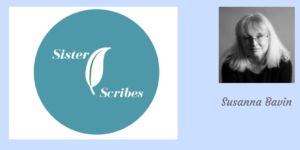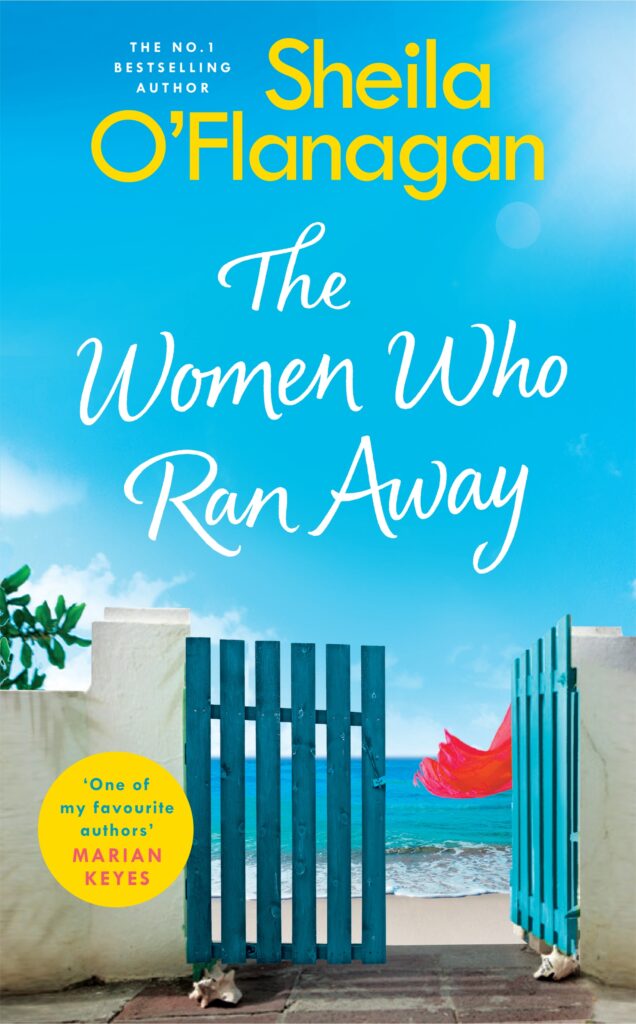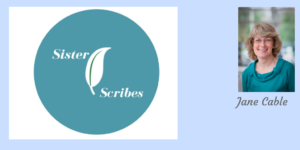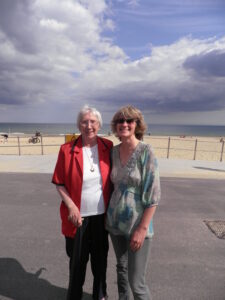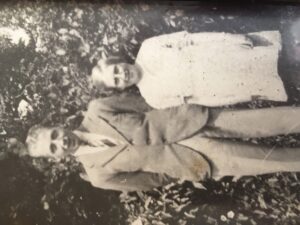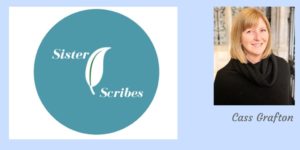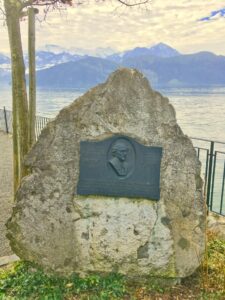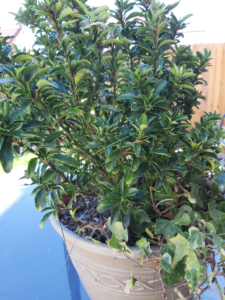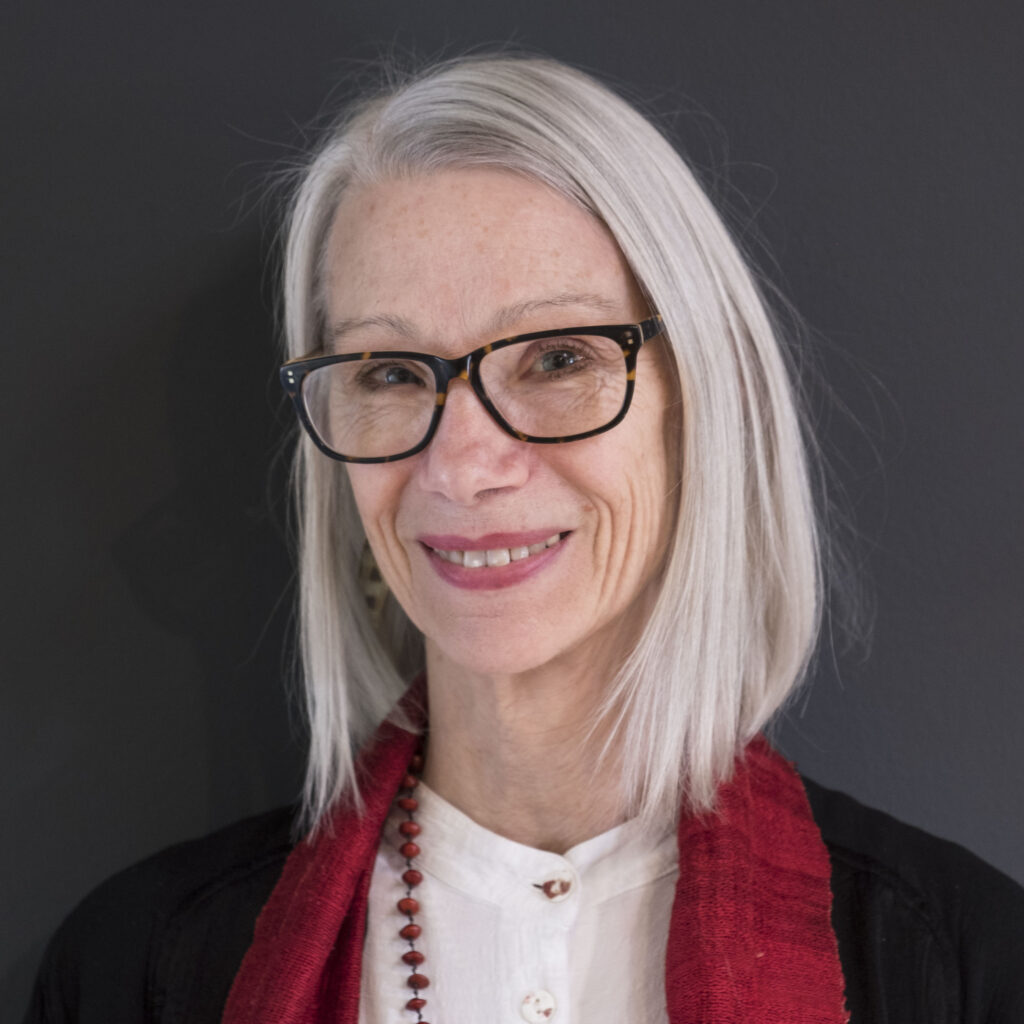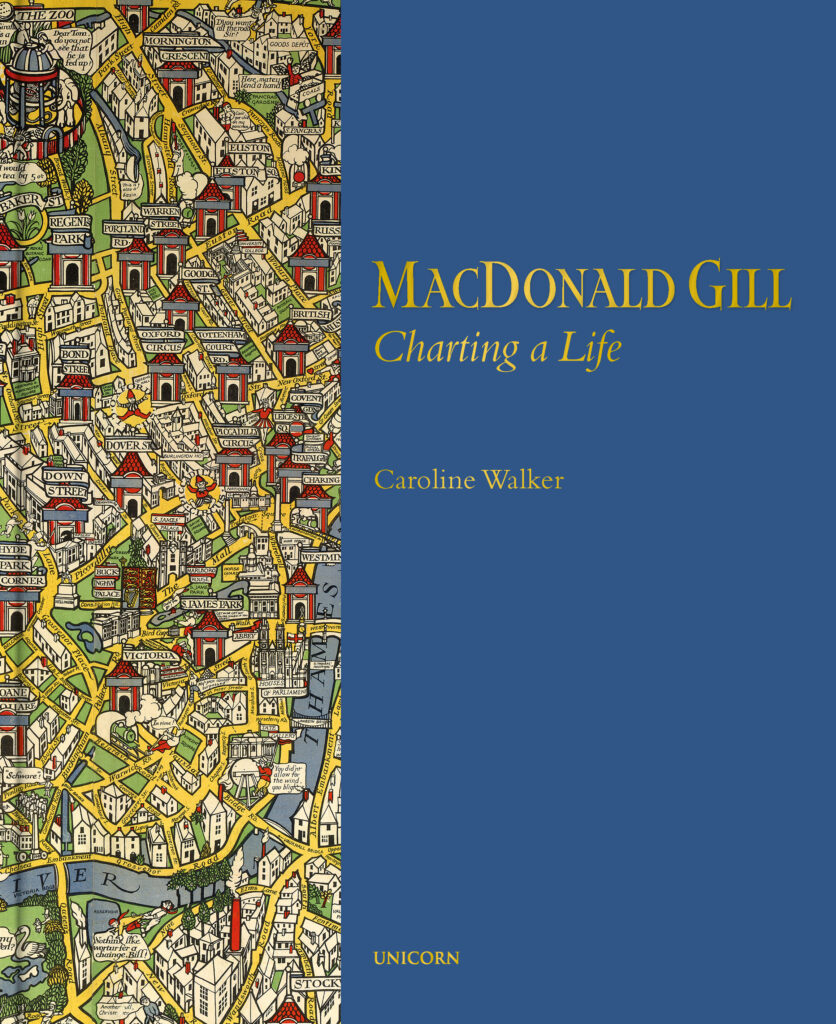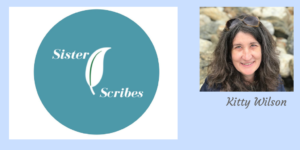I say, I say, I say…
When you were at school, were you taught to avoid using ‘said’ in your writing? Were you told it was dull? Were you instructed to use other, better words? Let me explain why teachers try to get you to do that. It isn’t because there’s anything wrong with ‘said’. It’s because teachers have to teach children from a young age (a) to use a variety of vocabulary and (b) to find words that convey precise meaning. ‘Strolled’, ‘wandered’, ‘hurried’ or ‘marched’, as opposed to ‘walked’ – that kind of thing. If you think about it, that’s quite a tall order, especially with infant school children.
And so we come to the first reason why ‘said’ is a wonderful word. It has umpteen alternatives, all of which convey precise meaning. Children are already familiar with many of these words and find them easy to use, which means that when they write their stories, they have ample opportunity to use and develop their new skill and hence their stories are filled with characters asking, answering, replying, exclaiming, whispering, shouting and so on.
And that is why teachers tell you not to use ‘said’. Ta da!
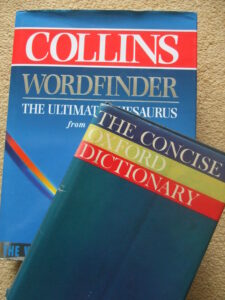 In the world of adult writing, it’s different, because – and here we come to the second reason why I believe ‘said’ is a wonderful word – ‘said’ is invisible. You could read it or write it a dozen times on every single page without its ever jarring. Every time an alternative is used, it isn’t invisible. There’s nothing wrong with that – in moderation. But the more times alternatives are used, and the wider their variety, the more visible they become.
In the world of adult writing, it’s different, because – and here we come to the second reason why I believe ‘said’ is a wonderful word – ‘said’ is invisible. You could read it or write it a dozen times on every single page without its ever jarring. Every time an alternative is used, it isn’t invisible. There’s nothing wrong with that – in moderation. But the more times alternatives are used, and the wider their variety, the more visible they become.
I’m thinking of a novel I read some years ago in which the author seemed determined to avoid ‘said’ at all costs. The characters did all the usual things – they asked, answered, replied and exclaimed. They also did more ‘visible’ things – they wondered, whispered, chuckled and muttered. They shouted, snorted, cajoled and observed. They mentioned, uttered, declared and ranted. And it was all highly visible. Every single one of those verbs (which would have thrilled any primary school teacher – I speak as a former infant school teacher) was visible and the more of them there were, the more visible they became. For ‘more visible,’ read ‘more annoying.’
Then, in the middle of an argument, the heroine riposted.
After 200 pages of confirming, suggesting, murmuring and giggling, it was the final, pretentious straw. I didn’t know whether to laugh out loud or groan in anguish. I closed the book and never went back to it.
Sorry about my little rant, but I hope it’s helped to illustrate my point. Humble, under-rated ‘said’ is a dependable workhorse of a word. Use it freely and don’t let anybody put you off.
And unless you want me to come back and haunt you, please don’t ever let your characters do any riposting.

